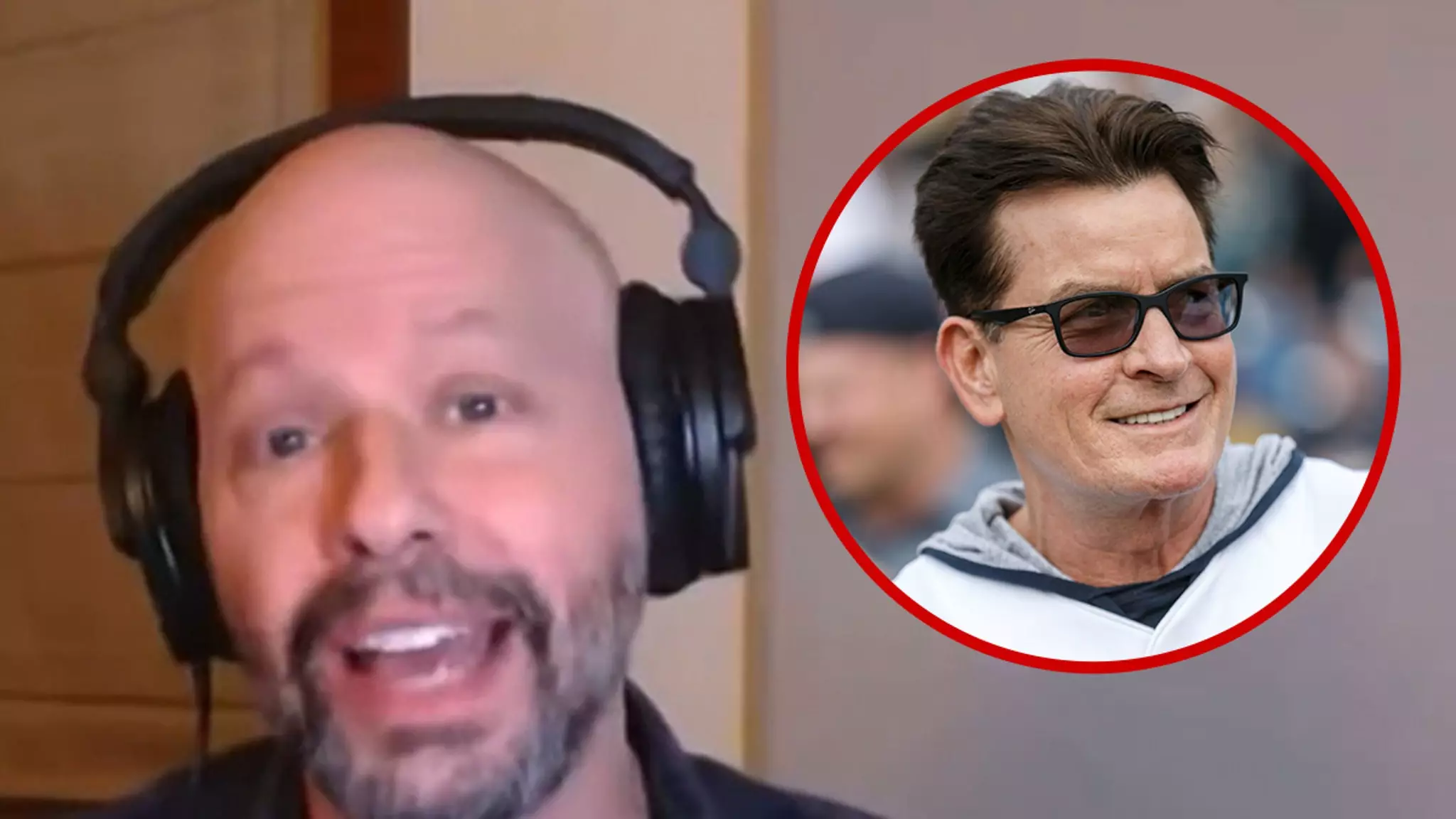In a world often dominated by political rhetoric, Jon Cryer’s candid remarks about the tumultuous relationship between Charlie Sheen and Donald Trump demand attention. During a recent episode of “The MeidasTouch Podcast,” Cryer drew a provocative parallel between Sheen, his former co-star, and the former president. He laid his cards on the table by stating unequivocally that if he had the choice between Sheen and Trump having the nuclear button, he’d choose Sheen without hesitation. This comment not only reflects Cryer’s unique perspective but also serves as a commentary on the current political landscape.
Pitting Personal Relationships Against Political Realities
The actor’s choice to candidly discuss his views on both Sheen and Trump highlights an essential struggle that many face: reconciling personal feelings with larger societal implications. Cryer has made it clear that his relationship with Sheen, while rocky, does not diminish the respect and camaraderie they once shared during their time filming “Two and a Half Men.” This nuance is lost on many who fail to appreciate that even tumultuous friendships can have layers worth exploring. Yet, Cryer’s preference for Sheen over Trump illustrates a deeper discomfort with the implications of political power and public personas.
In his most telling comparison, Cryer likened Trump to an old man at a bar, dispensing pseudo-wisdom that often lands flat. This analogy exposes the perennial issue of appearances in leadership; the idea that assuming a posture of authority does not automatically confer wisdom or competency. In an age where information proliferates but true understanding remains elusive, Cryer’s assertion reveals a disconnection many feel toward political figures who misunderstand their responsibility toward citizens.
The Fallout from a Tumultuous Partnership
Cryer’s candidness about his strained relationship with Sheen also opens the door for broader reflections on the nature of addiction, recovery, and redemption. The actor has not shied away from discussing Sheen’s struggles, emphasizing that while he appreciated the times spent working together, Sheen’s full-blown addiction overshadowed any personal connection. The trailing sentiment can resonate universally, as many grapple with the complexities of supporting loved ones while grappling with their personal choices.
Moreover, Cryer’s recent admissions regarding their estrangement and the fallout that occurred in the early 2010s underscore that relationships—both personal and professional—are rarely linear. Healing and progress take time, and accepting that circumstances may evolve in unpredictable directions is paramount. This reflects a larger truth about human relationships, as well as how narratives are often constructed in the public space versus reality.
An Actor’s Perspective on Leadership
The broader implications of Cryer’s insights encourage a rethink of the celebrities and politicians who shape public discourse. He draws a disturbing conclusion in which charisma often overshadows genuine competence in today’s political theater. The question remains: What are the repercussions of choosing figureheads based on sensationalism as opposed to substance? In an age where social media and entertainment often merge, Cryer’s comments implore society to examine who we entrust with power and how past relationships inform those preferences.
Through Cryer’s lens, it becomes clear that our choices reflect not just the candidates themselves, but also our values and experiences as individuals. The dichotomy of choosing between past relationships and present realities carries weight, and it’s a tension worth scrutinizing in today’s political atmosphere.

